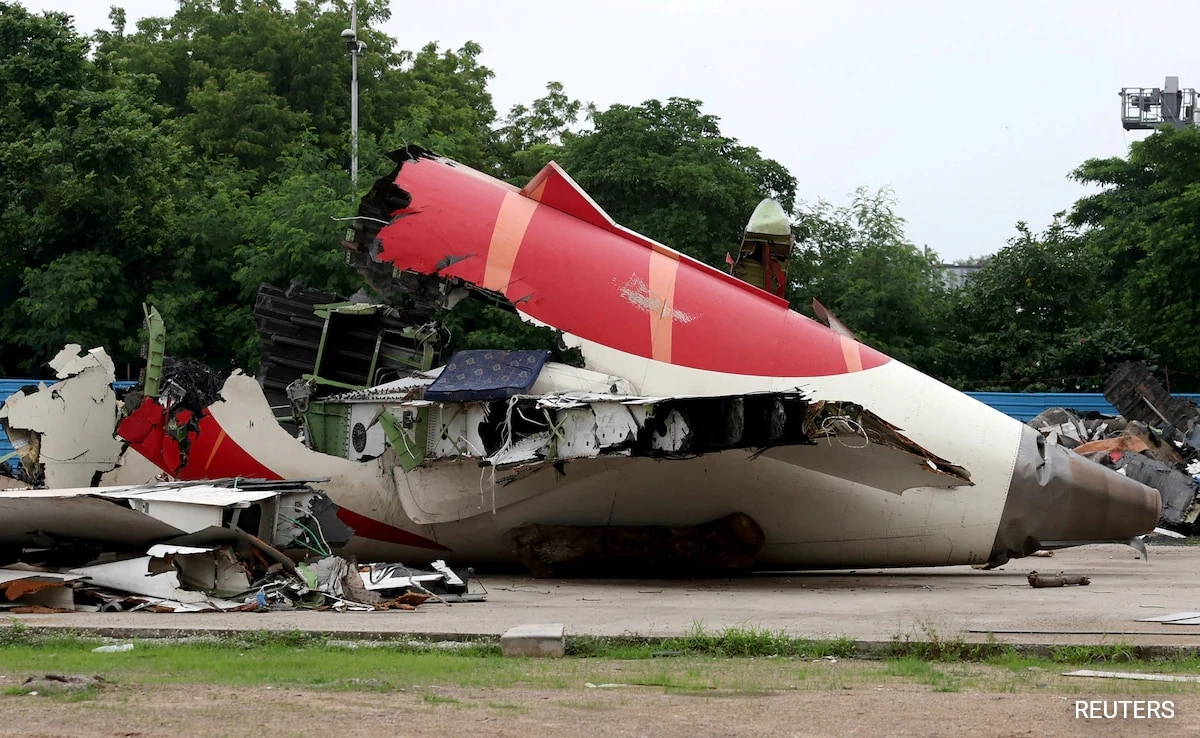Yasin Malik, a prominent separatist leader in Jammu and Kashmir, reportedly pleaded for his life during an interrogation by the Inter-Services Intelligence (ISI) of Pakistan and operatives of Lashkar-e-Taiba, a militant organization. According to sources who spoke to NDTV, Malik’s desperate appeals came amidst a backdrop of escalating tensions and violence in the region. His situation highlights the complex interplay between separatist movements and the interests of various state and non-state actors in the ongoing conflict.
Malik’s history as a leader has been marked by his advocacy for the rights of Kashmiris, but his recent circumstances have cast a shadow over his previous activities. The reports suggest that he found himself in a precarious position, where his allegiance and actions were scrutinized by both the ISI and Lashkar-e-Taiba. This indicates not only a personal crisis for Malik but also reflects the broader challenges faced by separatists who navigate the treacherous waters of militant politics in an environment rife with suspicion and betrayal.
The implications of Malik’s situation extend beyond his personal fate, as they resonate with the larger narrative of separatism in Kashmir. The involvement of the ISI and Lashkar-e-Taiba underscores the influence of external forces in shaping the dynamics of local conflicts. Malik’s plea for mercy may serve as a grim reminder of the consequences that separatist leaders often face when they fall out of favor with powerful factions. The ongoing struggle in Jammu and Kashmir continues to be marked by a cycle of violence, negotiation, and suffering, leaving many to question the possibilities for peace and reconciliation in the region.
As the situation develops, observers will be keenly watching the responses from various stakeholders, including the Indian government, Pakistani authorities, and the local population. Malik’s predicament raises important questions about the future of separatism in Kashmir and the potential for dialogue amidst a backdrop of fear and uncertainty. The complexity of these issues necessitates a nuanced understanding of the historical and political contexts that fuel the ongoing conflict in this sensitive region.




